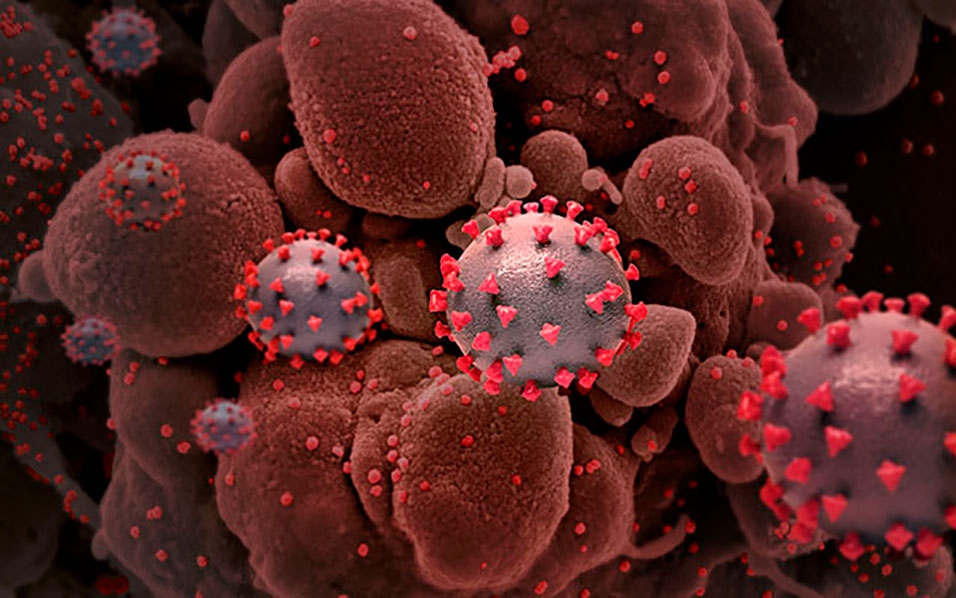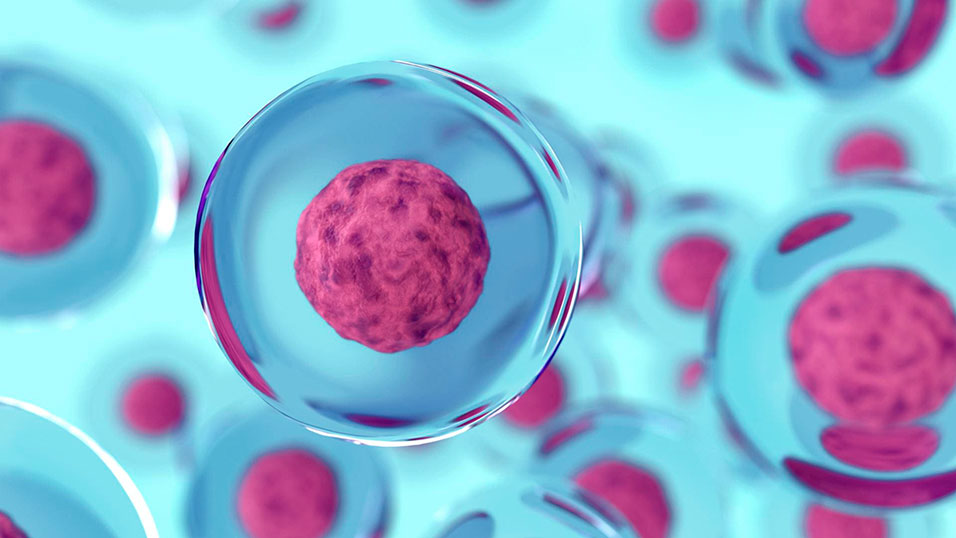SAN DIEGO, CA.- James McKerrow, MD, PhD, dean of the Skaggs School of Pharmacy and Pharmaceutical Sciences at
University of California San Diego, has long studied neglected tropical diseases — chronic and disabling parasitic infections that primarily affect poor and underserved communities in developing nations. They’re called “neglected” because there is little financial incentive for pharmaceutical companies to develop therapies for them.
One of these neglected diseases is Chagas disease, the leading cause of heart failure in Latin America, which is spread by “kissing bugs” carrying the parasite Trypanosoma cruzi. These parasites produce an enzyme called cruzain that helps them replicate and evade the human immune system. McKerrow’s research team looks for inhibitors of cruzain — small molecules that might form the basis for new anti-parasitic medicines. One particularly effective cruzain inhibitor is called K777.
Then, in the spring of 2020, the COVID-19 pandemic began to sweep through the United States. Researchers quickly reported that SARS-CoV-2, the coronavirus that causes COVID-19, can’t dock on and infect human cells unless a human enzyme called cathepsin L cleaves the virus’ spike protein.
And it just so happens that cathepsin L looks and acts a lot like cruzain.
In a study published March 31, 2021 by ACS Chemical Biology, McKerrow and team show that low concentrations of K777 inhibit cathepsin L can reduce SARS-CoV-2’s ability to infect four host cell lines, without harming the cells.
“Since K777 inhibits a human enzyme, not the virus itself, it’s our hope that it’s less likely the virus will evolve resistance against it,” said McKerrow, co-senior author of the study with Thomas Meek, PhD, of Texas A&M University.
K777 wasn’t equally effective in all cell lines. That’s likely because not all cell lines produced the same amount of cathepsin L or the same amount of ACE2, the host cell receptor that the virus’ spike protein uses to latch onto cells after it’s cleaved by cathepsin L. The inhibitor was best at preventing SARS-CoV-2 infection in the cells that produced the most cathepsin L and ACE2.
The cell lines tested were derived from African green monkey kidney epithelium, human cervical epithelium and two types of human lung epithelium. While an important research tool, cell lines such as these are not necessarily representative of patients. They are easy to grow and manipulate in research laboratories because they are cancer cells, but that also means their molecular features likely differ from the average person’s healthy lung or cervical cells.
“We were surprised at just how effective K777 is in blocking viral infection in the lab,” McKerrow said. “Yet under usual circumstances it would be impractical and unlikely that we ourselves would be able to move the compound so quickly into clinical trials. We’re fortunate that an ‘entrepreneur-in-residence’ program here at UC San Diego has helped bridge that gap.”
Selva Therapeutics, a privately held biotechnology company, has licensed K777 from UC San Diego. In parallel with this study, the company has also found that the experimental therapeutic prevented lung damage in COVID-19 animal models and was well-tolerated by people who participated in a Phase I clinical trial to assess safety. Selva is planning a Phase IIa clinical trial in non-hospitalized COVID-19 patients for late 2021.
Many people with COVID-19 experience mild disease and can recover at home with supportive care to help relieve their symptoms. Currently, severe cases of COVID-19 may be treated with the antiviral drug remdesivir, approved by the U.S. Food and Drug Administration (FDA) for use in hospitalized patients, or a medication that has received emergency use authorization from the FDA, such as monoclonal antibodies. Worldwide, more than 124 million people have been diagnosed with COVID-19 and 2.72 million have died from the infection.
Co-authors of the study include: Drake M. Mellott, Bala C. Chenna, Demetrios H. Kostomiris, Jiyun Zhu, Zane W. Taylor, Klaudia I. Kocurek, Ardala Katzfuss, Linfeng Li, Frank M. Raushel, Texas A&M University; Chien-Te Tseng, Aleksandra Drelich, Jason Hsu, Vivian Tat, University of Texas; Pavla Fajtová, UC San Diego and Academy of Sciences of the Czech Republic; Miriam A. Giardini, Danielle Skinner, Ken Hirata, Michael C. Yoon, Sungjun Beck, Aaron F. Carlin, Alex E. Clark, Laura Beretta, Vivian Hook, Anthony J. O’Donoghue, Jair Lage de Siqueira-Neto, UC San Diego; Daniel Maneval, Felix Frueh, Selva Therapeutics; Brett L. Hurst, and Hong Wang, Utah State University.
Funding for this research came, in part, from the National Institutes of Health (grants N01-AI-30048, R24 AI120942 NPARS-S01), AgriLife Research, Texas A&M University, Burroughs Wellcome Fund and Selva Therapeutics, Inc.










